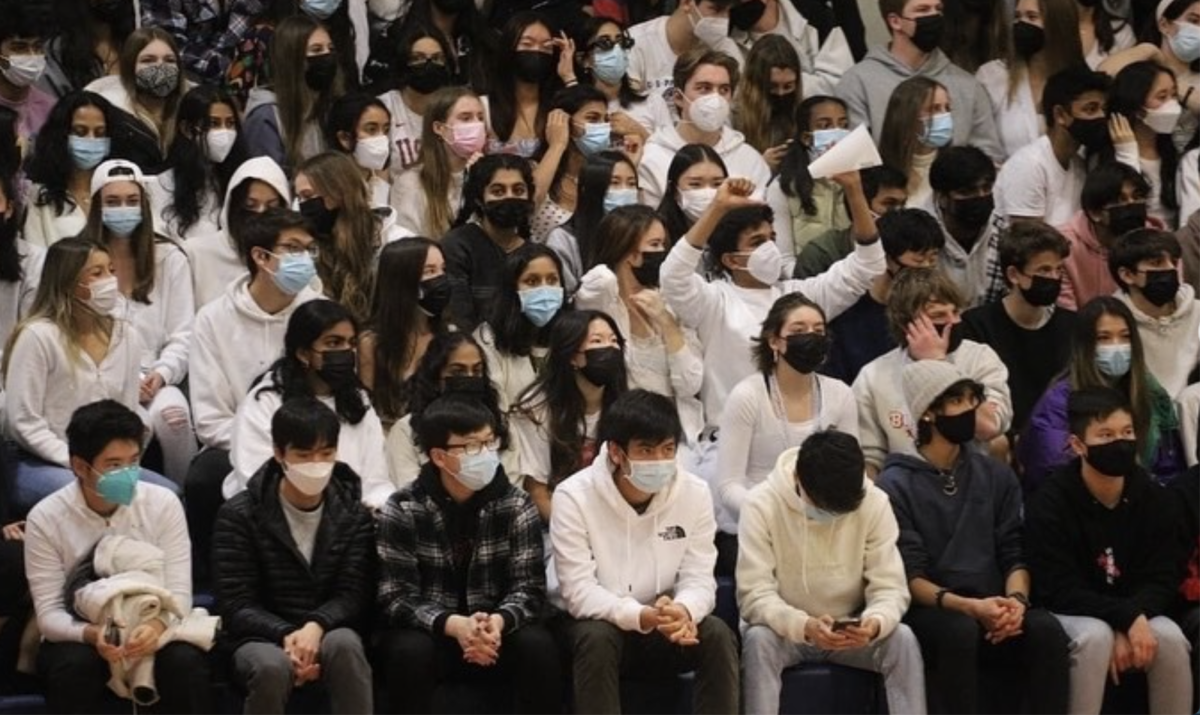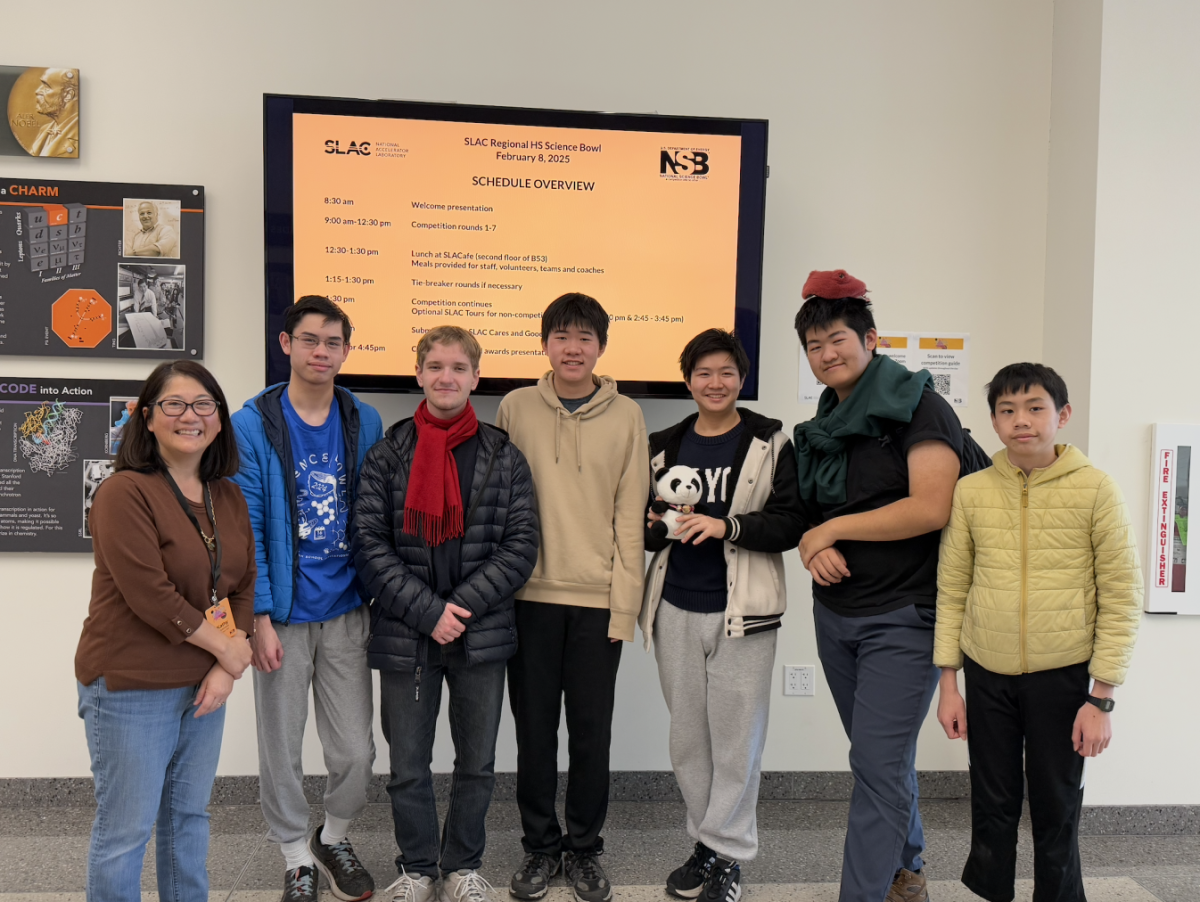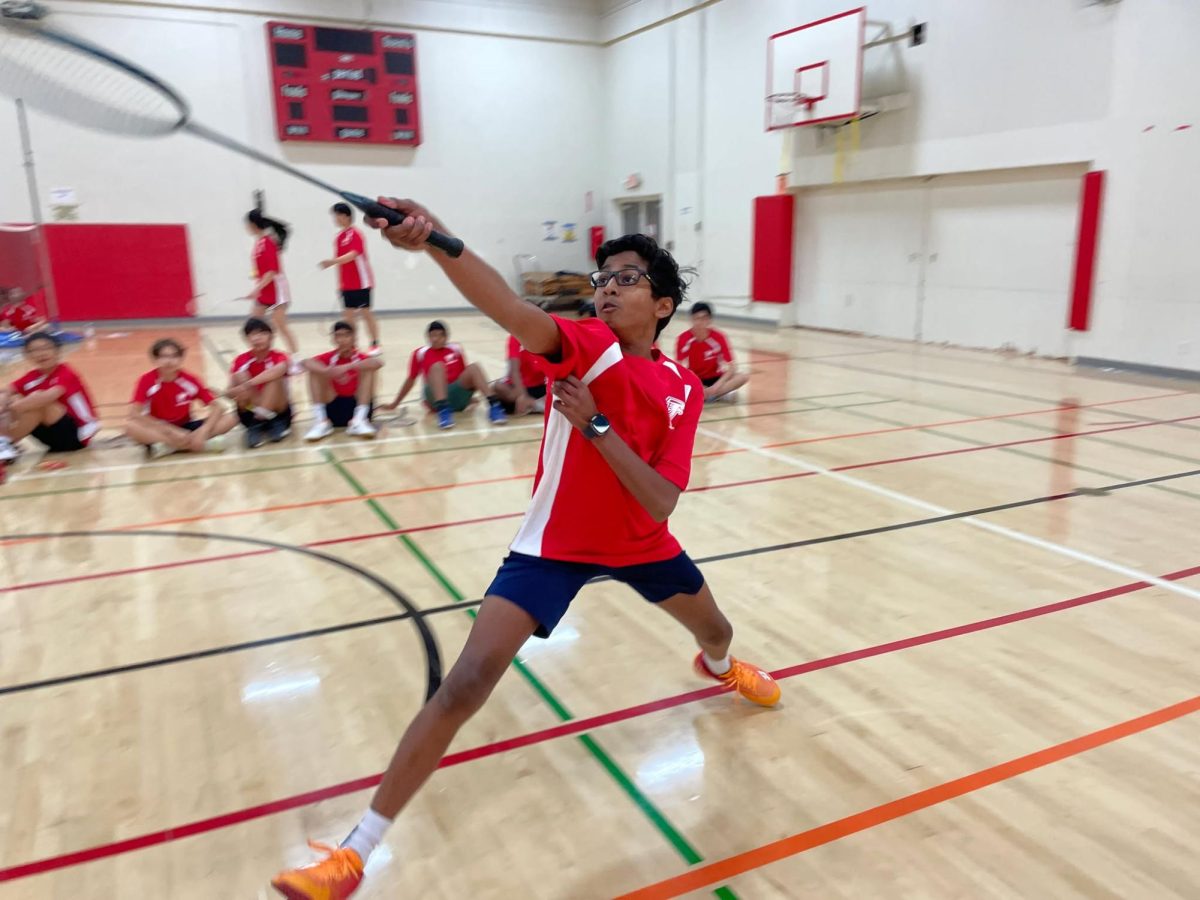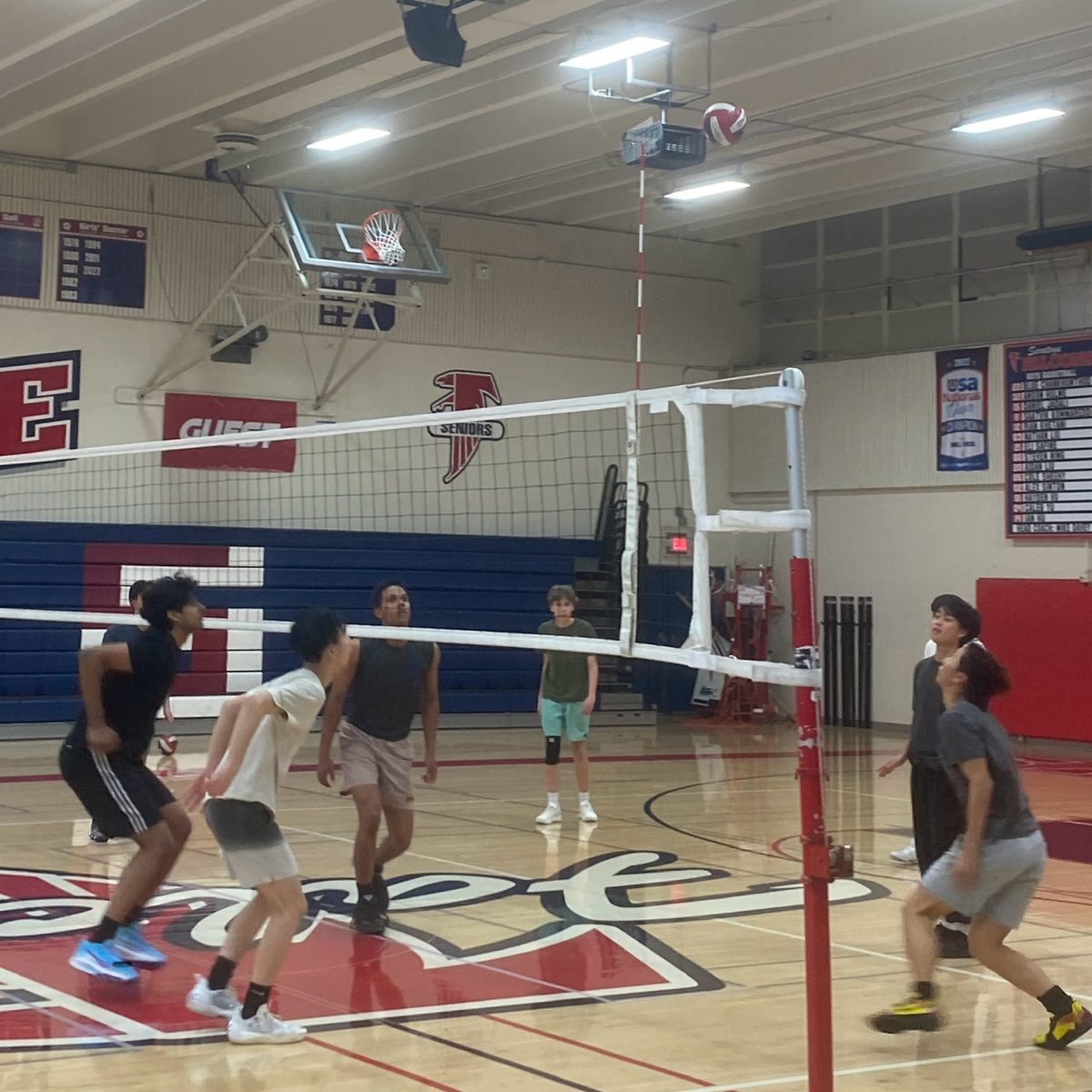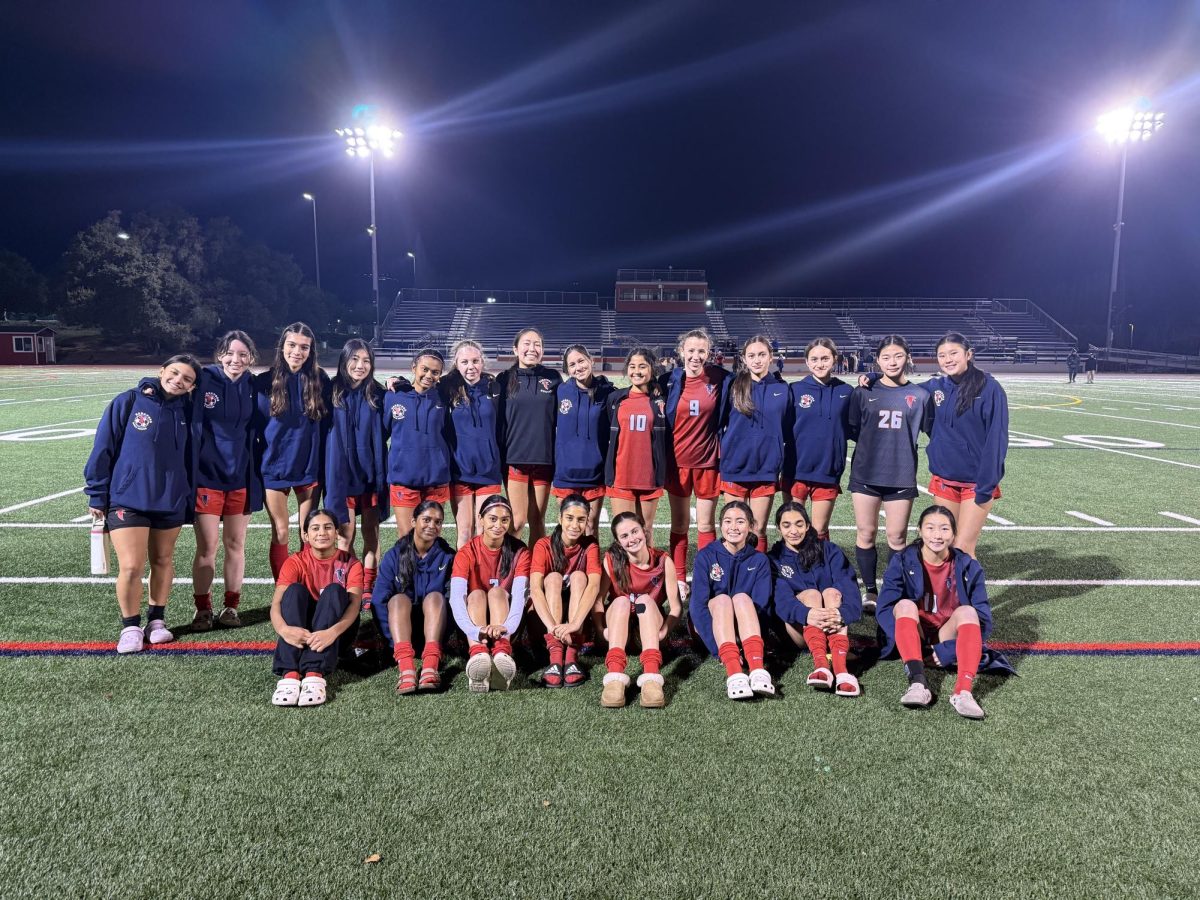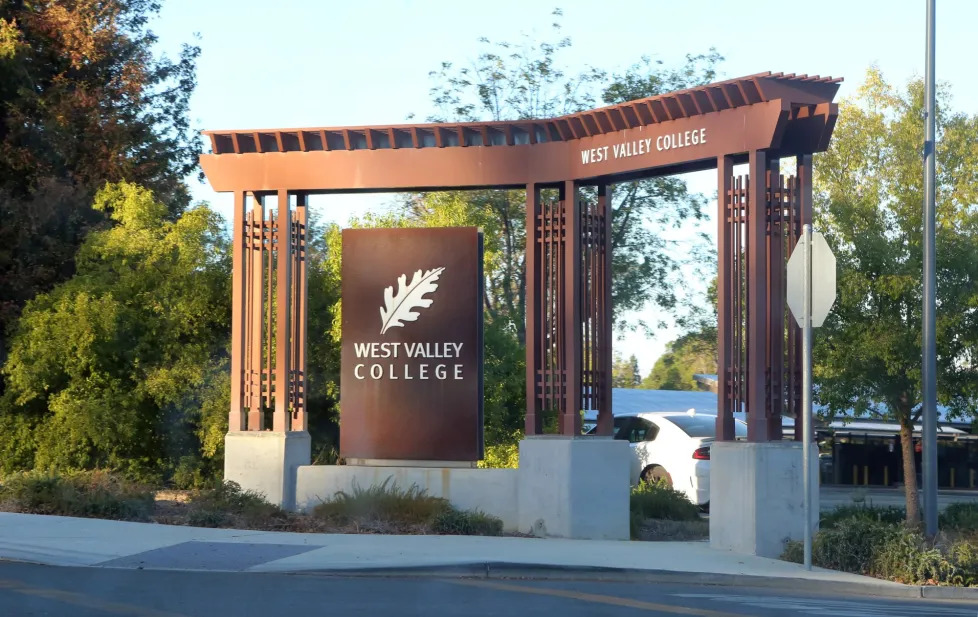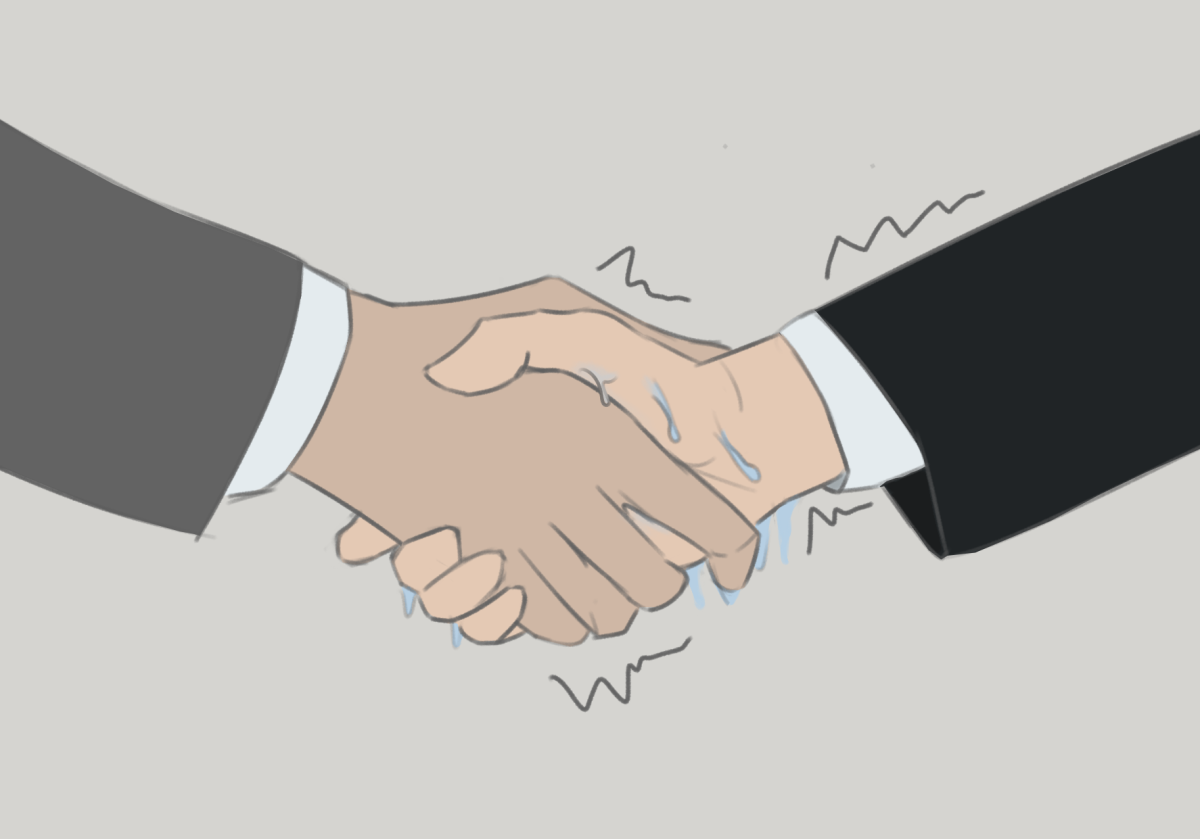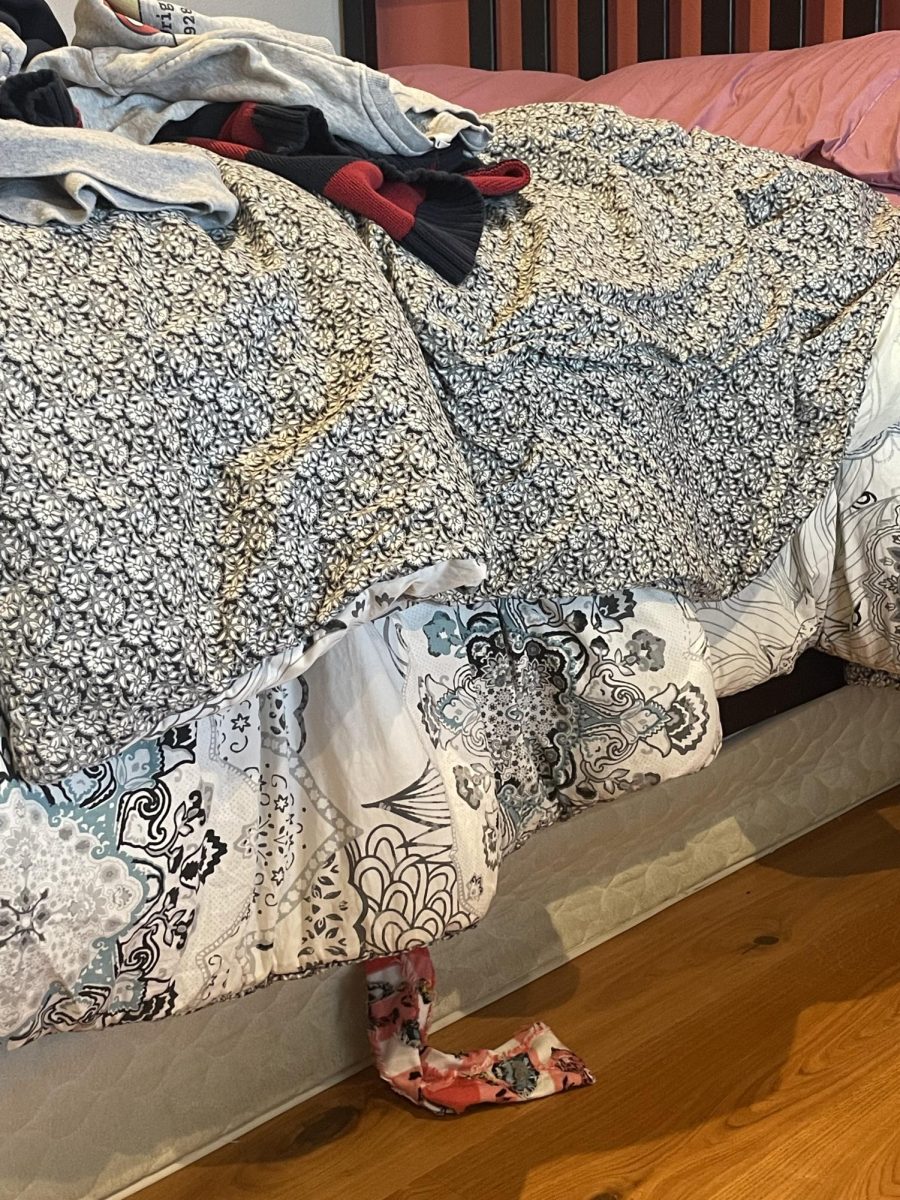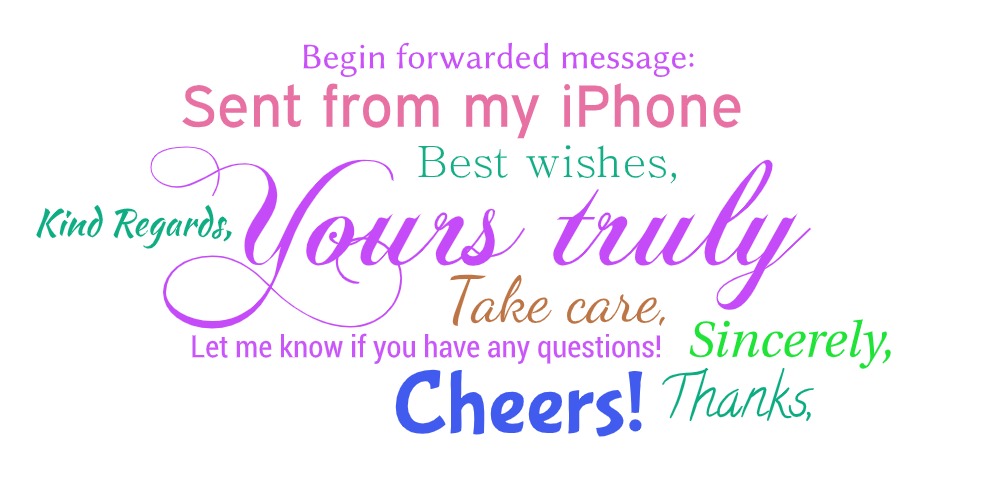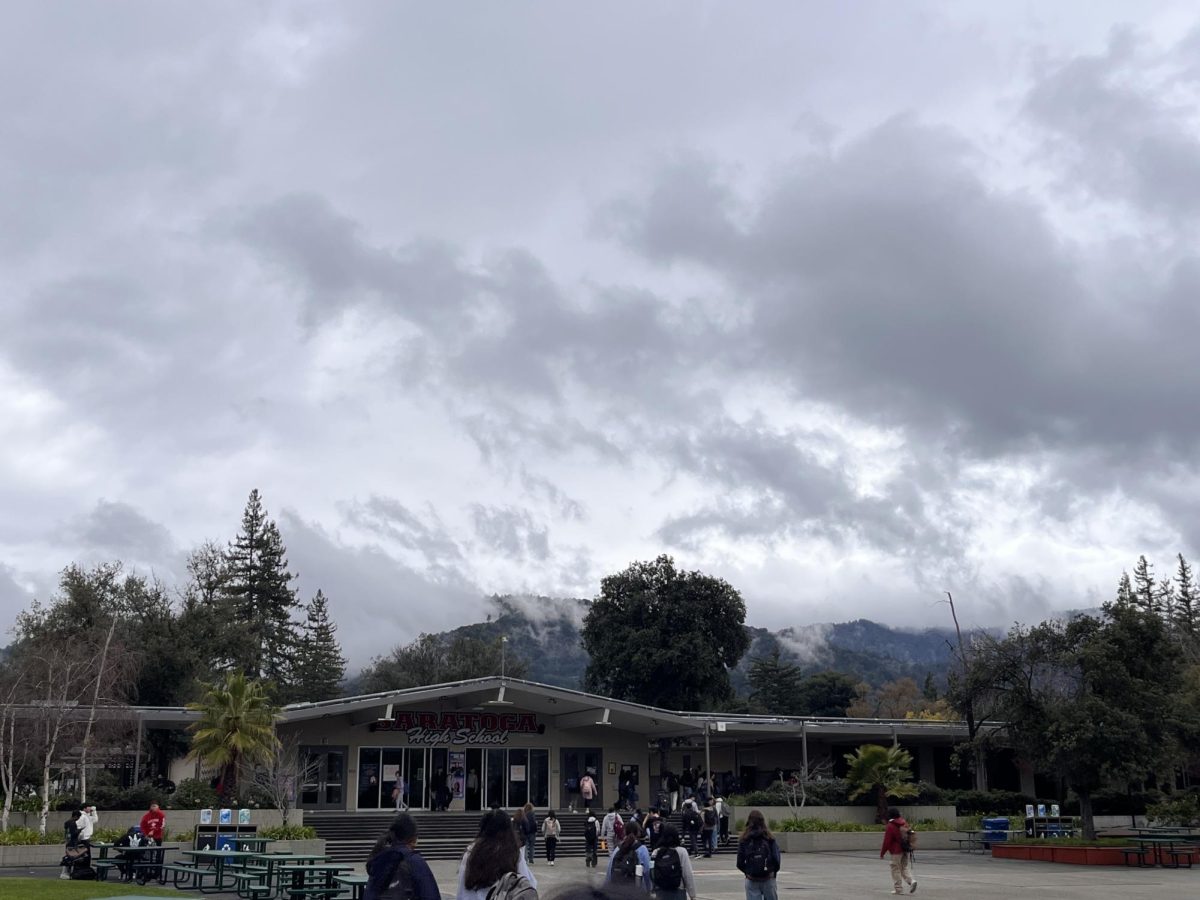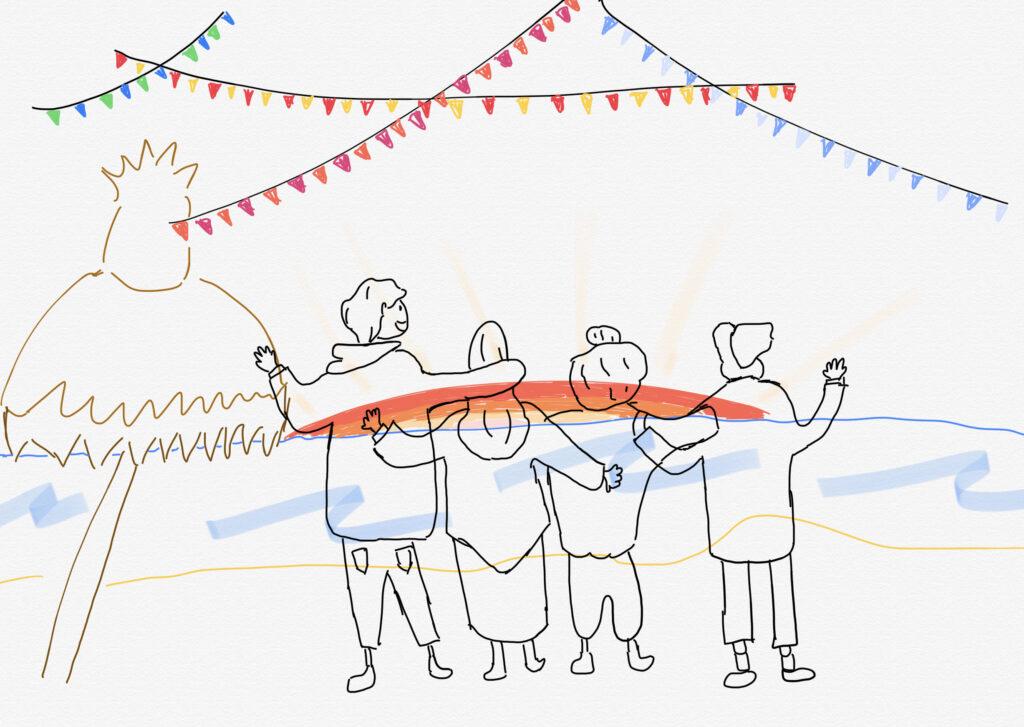The bell rings for the final time of the fifth-grade school year. A herd of kids stream out of Argonaut Elementary teacher Amy Roper’s class and onto the playground. Like all last days, this one’s been pretty great. Our class spent the day signing yearbooks and enjoying our end-of-year class party, and now it’s time for the best part: It’s summer vacation, baby.
When I was younger, summer vacations were my definition of paradise. Long days of swimming, running, playing in the woods, going to summer camps and late nights watching movies with my older sisters. Watching the sunset while listening to the long buzz of crickets in my backyard. Rolling around town with my dad in our car, windows down, of course. Pools and popsicles were all I knew for the better part of three perfect months.
Summer used to be paradise. But now, as a highschooler, it’s not what I remember. Leaving the school year doesn’t bring about the same euphoric feeling it did when we were kids.
Instead of representing a cherished break from the school year that students can look forward to, students use it as an extension of the academic year.
Throughout the school year, I see students scrambling everywhere to secure recommendation letters and fill out tons of applications for fancy internships and expensive summer programs.
And it’s not that I’m against learning during the summer — I too have taken summer classes — rather, I’m against doing things for the sole reason of impressing college admissions officers.
If you truly enjoy something and want to pursue it during the break, that’s completely your prerogative. But if you’re only doing that $3,000 summer camp on a subject you don’t even like just to impress some stranger at Harvard, Stanford or Yale, what’s the point? You’d be better off doing something you actually enjoy instead.
Moreover, there’s value in taking a break, and summer vacation is the perfect opportunity to unwind after a strenuous year of hard work.
According to the Physicians Regional Healthcare System, taking a break during the summer can actually strengthen your brain’s capacity for learning. Not only that, but breaks help reduce stress and improve mental health.
While striving for academic excellence is an admirable goal that shouldn’t be halted just because it’s summer, the 10 weeks of break is also meant to be a period of time for rest and relaxation. There is a critical balance, and as we get older as highschool students, that balance seems to be failing.
So this summer, after all your summer classes and camps, try to take some time for yourself to enjoy the “break” in “summer break.”

